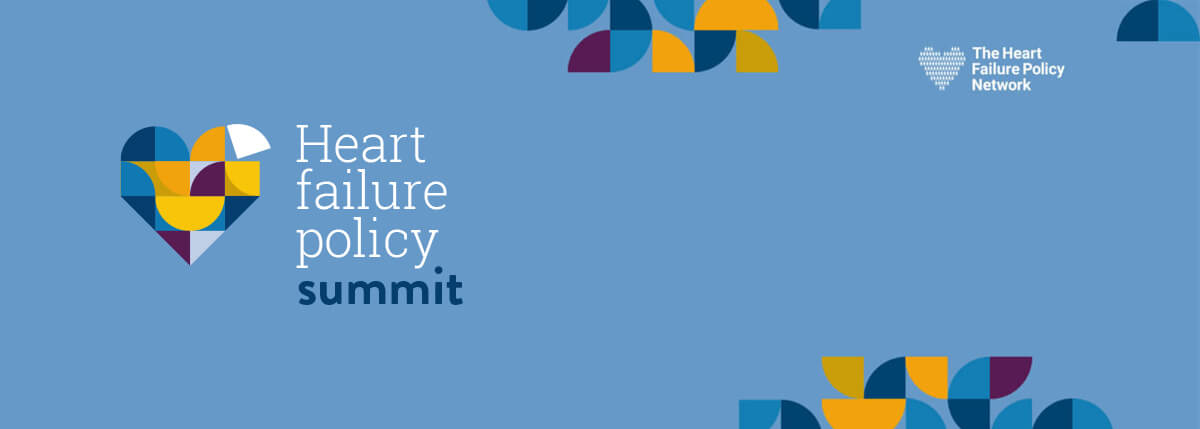
Towards the end of last year, the HFPN hosted a virtual Summit, bringing together experts from the heart failure and wider health advocacy communities. Here, we reflect on some learning points from the Summit.
Micheál Martin – the former Taoiseach and current Tánaiste of Ireland – highlighted the need to invest in preventing and detecting heart failure and to improve quality of life for those living with the syndrome. He said reforms are currently underway to improve cardiovascular care in Ireland. For instance, the National Clinical Programme for Heart Failure is transferring care and support to the community and providing more integrated care.
In Spain’s national cardiovascular strategy, there is a paradigm shift towards thinking of cardiovascular health holistically and working towards prevention at the societal level, as opposed to just treating diseases when they arise. This could result in greater wellbeing of the population and cost savings for health systems. A multidisciplinary team was responsible for developing the strategy, which was then approved by the autonomous communities of Spain for local implementation.
As Dr Jasper Tromp highlighted in his presentation on the World Heart Federation’s Roadmap for Digital Health, increasing people’s confidence and skills in using innovative tools is a major determinant of the successful implementation of heart failure care. Appropriate and effective education of people receiving care and healthcare professionals is essential going forwards.
Without adequate data on how heart failure is affecting different population groups, we cannot know the nature of health inequalities or how best to address them. Electronic records and data linkage can be used in such a way that researchers, policymakers and local authorities can understand the ‘big picture’ and act.
‘Difficult to reach’ subtly places the responsibility on the communities and groups of people who have limited access to healthcare services, rather than on decision-makers and healthcare planners. If we want to address inequalities in heart failure, we need to look at our language and be critical of our assumptions. ‘All groups can be reached if we think properly about the solution,’ stated Professor Amitava Banerjee in his presentation at the Summit.
Telehealth is a useful tool that continues to show great potential, but it is not a replacement for face-to-face consultations. As highlighted by nurses Dr Loreena Hill and Ciara Matthews, who specialise in heart failure, most people living with heart failure are open to a combined approach when it is used appropriately because they have witnessed the potential benefits of telehealth during the pandemic.
Despite being very important to people living with heart failure, quality of life is often measured only in terms of specific symptoms and not in a way that captures the whole wellbeing of a person and their ability to live the life they want to. It is essential that we assess the effectiveness of heart failure treatments using appropriate quality-of-life measures.
With input from healthcare professionals and people living with heart failure, the HeartLife Foundation in Canada was able to develop a Patient Charter, which has now been translated into 17 different languages and endorsed by over 30 patient advocate groups. ‘The only way that we’ve been able to do the work we’ve been able to do is with the complete unwavering support and backing of our clinician and nursing communities,’ said President and Co-Founder Dr Jillianne Code, who is herself living with heart failure.
Aistė Štaraitė, Chair of the Heart Failure Patient Council of the Global Heart Hub, shared her personal experience of being diagnosed with heart failure during her 20s. As heart failure can occur at any age, it can affect a substantial proportion of the workforce and people caring for young children. We must ensure that the general public and clinicians are aware of the possibility of heart failure at a young age and that they know what the symptoms might look like.
Overall, we feel proud that we brought together heart failure advocates from across the world, and we are optimistic that we can all continue to move forwards with a strong, unified voice. The Summit highlighted opportunities that heart failure advocates can leverage to drive change, as well as issues we need to consider to ensure that these changes are equitable and benefit everybody.
Recordings of the Summit are still available to view here.

Blog post by Francesca Butler, Project Officer, Heart Failure Policy Network